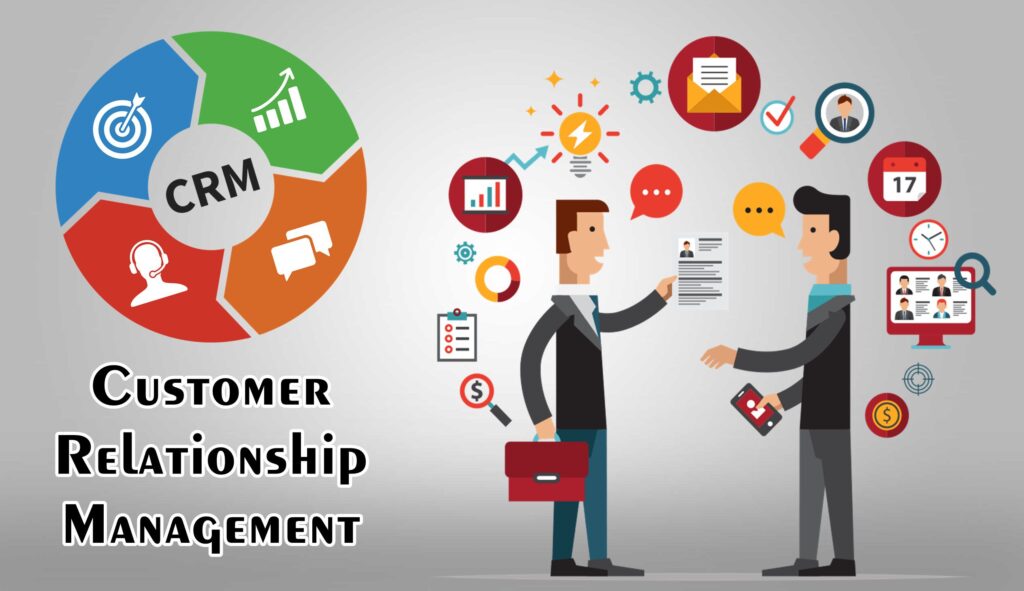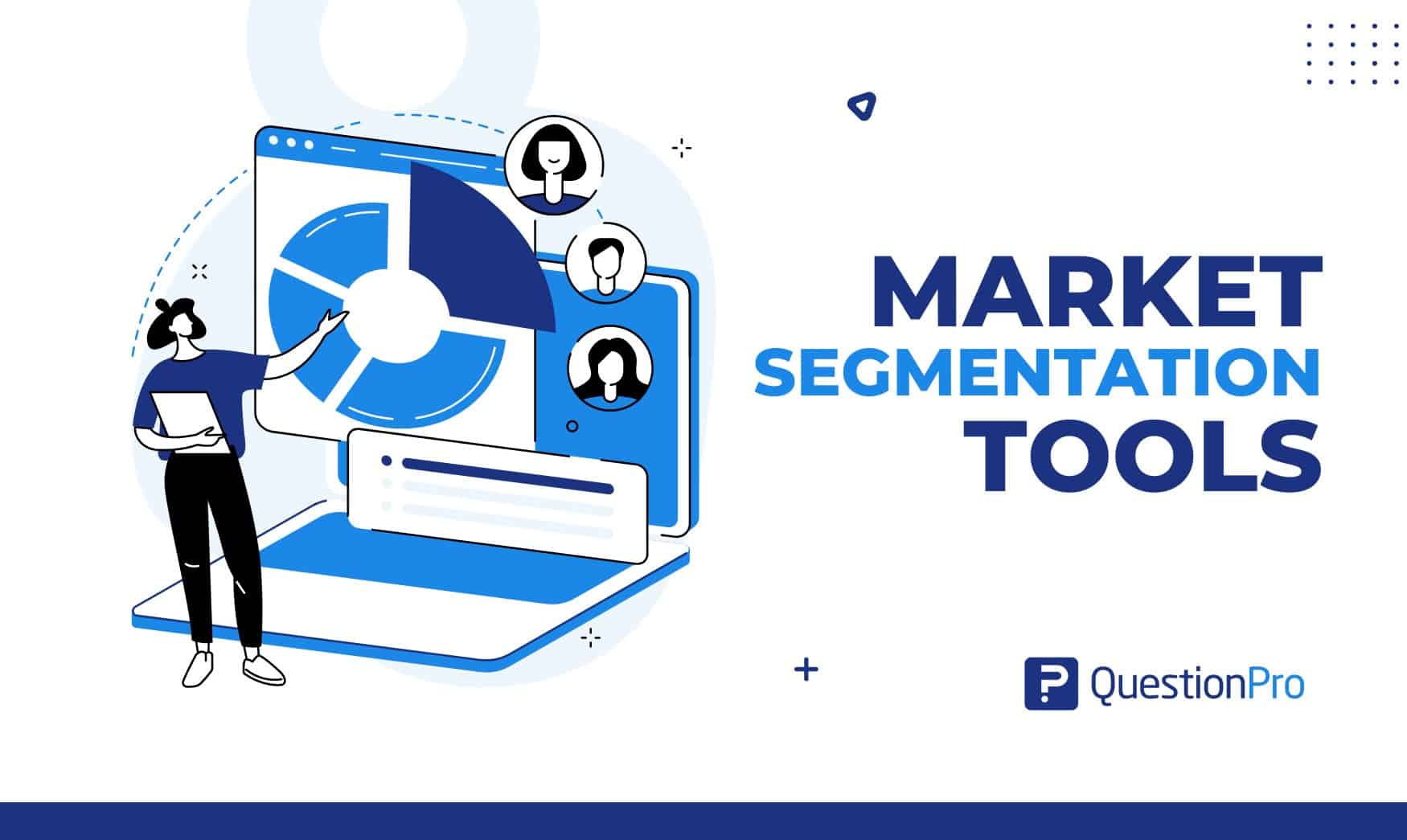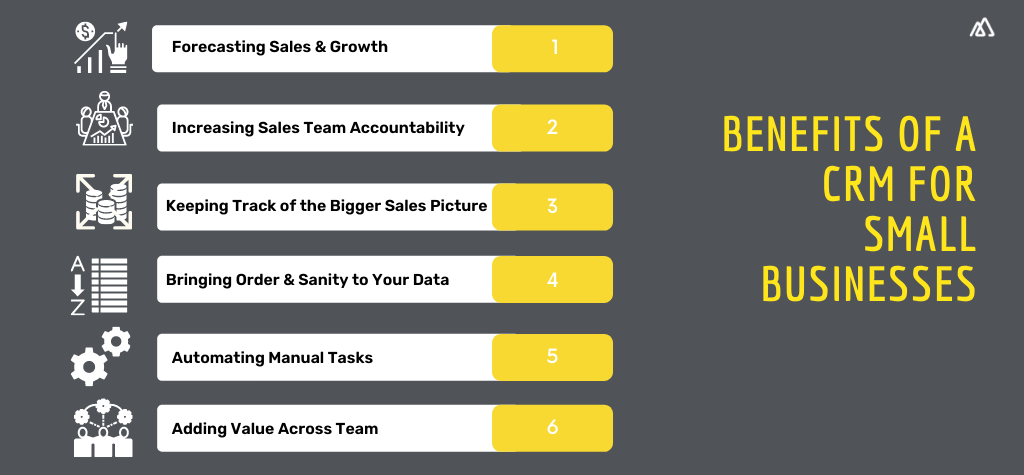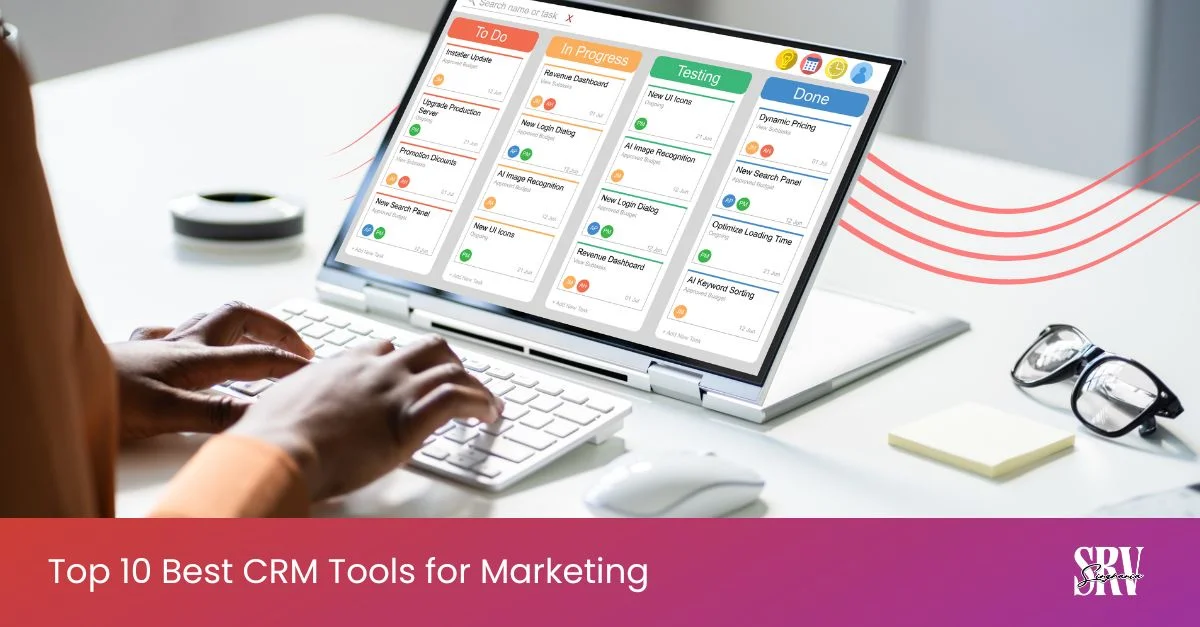
Introduction: Why CRM Marketing Matters More Than Ever
In today’s hyper-competitive business landscape, simply having a great product or service isn’t enough. You need to cultivate lasting relationships with your customers, understand their needs, and deliver personalized experiences that keep them coming back for more. That’s where CRM marketing strategies come into play. CRM, which stands for Customer Relationship Management, isn’t just a software; it’s a philosophy centered on building and nurturing customer relationships. When implemented effectively, CRM marketing can be the engine that drives sustainable growth, boosts customer loyalty, and ultimately, increases your bottom line.
Think of it this way: you wouldn’t try to build a house without a blueprint, right? Similarly, you can’t build a successful business without a clear understanding of your customers and a plan for engaging with them. CRM marketing provides that blueprint. It allows you to collect, organize, and analyze customer data, giving you the insights you need to tailor your marketing efforts and create highly targeted campaigns that resonate with your audience.
This comprehensive guide will delve deep into the world of CRM marketing strategies, providing you with actionable insights, practical tips, and real-world examples to help you transform your customer relationships and achieve remarkable results. We’ll explore the core principles of CRM marketing, examine various strategies you can implement, and discuss the best practices for maximizing your ROI. Get ready to unlock the power of CRM and revolutionize the way you connect with your customers.
Understanding the Fundamentals of CRM Marketing
Before we dive into specific strategies, let’s establish a solid foundation by understanding the core principles of CRM marketing. At its heart, CRM marketing is about:
- Data Collection and Management: Gathering and organizing customer data from various sources, including website interactions, social media activity, purchase history, and customer service interactions. This data forms the bedrock of your CRM efforts.
- Segmentation and Targeting: Dividing your customer base into distinct segments based on demographics, behavior, preferences, and other relevant criteria. This allows you to tailor your marketing messages and offers to specific groups, increasing their relevance and effectiveness.
- Personalization: Delivering customized experiences that cater to individual customer needs and preferences. This can include personalized email campaigns, product recommendations, and website content.
- Automation: Streamlining repetitive tasks, such as email marketing and lead nurturing, to improve efficiency and free up your team to focus on more strategic initiatives.
- Analysis and Optimization: Continuously monitoring and analyzing your CRM marketing efforts to identify what’s working and what’s not. This allows you to refine your strategies and improve your results over time.
These principles work together to create a customer-centric approach that puts the customer at the heart of your business. By embracing these fundamentals, you can build stronger relationships, drive greater customer loyalty, and achieve sustainable growth.
Key CRM Marketing Strategies to Implement
Now, let’s explore some of the most effective CRM marketing strategies you can implement to achieve your business goals:
1. Lead Generation and Nurturing
Generating leads is the lifeblood of any business. CRM marketing provides powerful tools for attracting, capturing, and nurturing leads throughout the sales funnel.
- Lead Capture Forms: Integrate lead capture forms on your website, landing pages, and social media channels to collect valuable information about potential customers.
- Lead Scoring: Assign points to leads based on their behavior and engagement, helping you prioritize the most promising prospects.
- Automated Email Nurturing: Create automated email sequences that provide valuable content and guide leads through the sales funnel, building trust and establishing your expertise.
- Personalized Content: Tailor your content to the specific interests and needs of each lead segment, increasing engagement and conversion rates.
By effectively implementing lead generation and nurturing strategies, you can increase the number of qualified leads in your pipeline and improve your sales conversion rates.
2. Customer Segmentation and Targeting
Not all customers are created equal. By segmenting your customer base, you can create more targeted and effective marketing campaigns.
- Demographic Segmentation: Group customers based on age, gender, location, income, and other demographic factors.
- Behavioral Segmentation: Analyze customer behavior, such as purchase history, website activity, and engagement with your marketing campaigns, to identify patterns and preferences.
- Psychographic Segmentation: Understand your customers’ values, interests, and lifestyles to create more resonant marketing messages.
- RFM Analysis (Recency, Frequency, Monetary Value): Segment customers based on how recently they made a purchase, how frequently they purchase, and how much they spend. This helps you identify your most valuable customers and tailor your marketing efforts accordingly.
By segmenting your customers, you can deliver more relevant and personalized marketing messages, leading to increased engagement and conversions.
3. Personalized Email Marketing
Email marketing remains one of the most effective channels for reaching and engaging customers. CRM systems allow you to personalize your email campaigns to a remarkable degree.
- Personalized Subject Lines: Use the customer’s name or other relevant information in the subject line to grab their attention.
- Dynamic Content: Insert personalized content, such as product recommendations, based on the customer’s past purchases or browsing history.
- Behavior-Based Triggered Emails: Send automated emails based on customer actions, such as abandoned cart emails, welcome emails, and birthday emails.
- Segmentation-Based Email Campaigns: Tailor your email content to the specific interests and needs of each customer segment.
Personalized email marketing can significantly improve your open rates, click-through rates, and conversions.
4. Customer Service and Support
Exceptional customer service is a key differentiator in today’s market. CRM systems enable you to provide outstanding customer support.
- Centralized Customer Data: Access a complete view of each customer’s interactions, purchase history, and support requests in one place.
- Case Management: Track and manage customer support cases efficiently, ensuring that issues are resolved promptly and effectively.
- Self-Service Portals: Provide customers with access to self-service resources, such as FAQs and knowledge bases, to empower them to find answers to their questions.
- Feedback Collection: Gather customer feedback through surveys and other channels to identify areas for improvement and enhance customer satisfaction.
By providing excellent customer service and support, you can build stronger relationships, increase customer loyalty, and generate positive word-of-mouth referrals.
5. Social Media Integration
Social media is a powerful platform for engaging with customers and building brand awareness. CRM systems can integrate with your social media channels to provide valuable insights and streamline your social media marketing efforts.
- Social Listening: Monitor social media channels for mentions of your brand, products, and competitors.
- Social Media Engagement: Respond to customer comments and questions on social media platforms.
- Social Media Advertising: Target your social media ads to specific customer segments based on their interests and demographics.
- Social CRM: Use social media data to enrich your customer profiles and gain a deeper understanding of your customers’ preferences and behaviors.
By integrating social media into your CRM strategy, you can engage with customers in real-time, build brand awareness, and drive customer loyalty.
6. Sales Force Automation
Sales force automation (SFA) streamlines your sales processes, freeing up your sales team to focus on closing deals.
- Contact Management: Store and manage contact information, including customer interactions and sales opportunities.
- Lead Management: Track and manage leads through the sales pipeline.
- Opportunity Management: Manage sales opportunities and track their progress.
- Sales Forecasting: Forecast sales based on historical data and current opportunities.
SFA can significantly improve sales efficiency, increase conversion rates, and boost revenue.
Choosing the Right CRM Software
Selecting the right CRM software is crucial for the success of your CRM marketing efforts. There are many different CRM systems available, each with its own strengths and weaknesses. Here are some factors to consider when choosing a CRM software:
- Features and Functionality: Does the software offer the features and functionality you need to achieve your business goals? Consider your requirements for lead generation, segmentation, email marketing, customer service, social media integration, and sales force automation.
- Scalability: Can the software scale to accommodate your growing business?
- Ease of Use: Is the software user-friendly and easy to learn?
- Integration: Does the software integrate with your existing systems, such as your website, email marketing platform, and accounting software?
- Pricing: Is the software affordable and within your budget?
- Customer Support: Does the software vendor provide adequate customer support?
Some popular CRM software options include:
- Salesforce: A comprehensive CRM platform with a wide range of features and integrations.
- HubSpot CRM: A free, easy-to-use CRM platform with powerful marketing automation capabilities.
- Zoho CRM: A versatile CRM platform with a focus on sales and marketing automation.
- Microsoft Dynamics 365: A comprehensive CRM and ERP platform.
- Pipedrive: A sales-focused CRM designed for small businesses.
Research different CRM software options and choose the one that best fits your business needs and budget.
Best Practices for CRM Marketing Success
Implementing the right CRM marketing strategies is only half the battle. To maximize your success, it’s essential to follow these best practices:
- Define Your Goals: Clearly define your CRM marketing goals and objectives. What do you want to achieve with your CRM efforts? Increase sales? Improve customer satisfaction? Build brand loyalty?
- Clean and Maintain Your Data: Keep your customer data clean and up-to-date. Regularly review and update your data to ensure its accuracy.
- Train Your Team: Provide your team with adequate training on how to use the CRM software and implement your CRM marketing strategies.
- Personalize Your Communications: Personalize your marketing communications to the greatest extent possible. Use the customer’s name, past purchase history, and other relevant information to create a more engaging experience.
- Automate Where Possible: Automate repetitive tasks to improve efficiency and free up your team to focus on more strategic initiatives.
- Track and Measure Your Results: Track and measure your CRM marketing efforts to identify what’s working and what’s not. Use data to refine your strategies and improve your results over time.
- Continuously Optimize: CRM marketing is an ongoing process. Continuously optimize your strategies and tactics based on your data and feedback.
- Prioritize Customer Privacy: Be transparent about how you collect and use customer data. Comply with all relevant data privacy regulations, such as GDPR and CCPA.
By following these best practices, you can maximize your chances of success with CRM marketing.
Real-World Examples of Successful CRM Marketing
Let’s take a look at some real-world examples of how businesses are using CRM marketing to achieve remarkable results:
- Amazon: Amazon is a master of personalized marketing. They use customer data to recommend products, send personalized email campaigns, and create a seamless shopping experience.
- Netflix: Netflix uses CRM to personalize its content recommendations and create a highly engaging user experience. They analyze user data to understand viewing preferences and suggest movies and TV shows that users are likely to enjoy.
- Starbucks: Starbucks uses its CRM system to reward customer loyalty, personalize its mobile app, and provide targeted offers.
- Sephora: Sephora uses CRM to personalize its customer experience, provide product recommendations, and offer exclusive rewards to its loyalty program members.
- Nike: Nike uses CRM to build strong customer relationships, personalize its marketing messages, and create a seamless shopping experience. They collect customer data through their website, app, and retail stores to understand customer preferences and tailor their marketing efforts accordingly.
These are just a few examples of how businesses are using CRM marketing to drive growth and build customer loyalty. By learning from these examples, you can develop your own CRM marketing strategies and achieve similar results.
The Future of CRM Marketing
The future of CRM marketing is bright. As technology continues to evolve, we can expect to see even more sophisticated and personalized CRM marketing strategies. Here are some trends to watch:
- Artificial Intelligence (AI): AI will play an increasingly important role in CRM marketing, enabling businesses to personalize their marketing efforts to an even greater degree. AI can be used to automate tasks, predict customer behavior, and provide personalized recommendations.
- Machine Learning (ML): Machine learning will be used to analyze large datasets and identify patterns that can be used to improve CRM marketing strategies.
- Customer Data Platforms (CDPs): CDPs will become increasingly popular as businesses seek to consolidate their customer data and gain a 360-degree view of their customers.
- Voice Search and Chatbots: Voice search and chatbots will become increasingly important channels for customer engagement and support.
- Emphasis on Privacy: With growing concerns about data privacy, businesses will need to prioritize customer privacy and be transparent about how they collect and use customer data.
By staying ahead of these trends, you can ensure that your CRM marketing strategies remain effective and relevant in the years to come.
Conclusion: Embrace the Power of CRM Marketing for Long-Term Success
CRM marketing is no longer a luxury; it’s a necessity for businesses that want to thrive in today’s competitive market. By implementing the right strategies, choosing the right CRM software, and following best practices, you can build stronger customer relationships, drive greater customer loyalty, and achieve sustainable growth. Embrace the power of CRM marketing and transform the way you connect with your customers. The future of your business depends on it.
Remember, it’s not just about implementing the technology; it’s about building a customer-centric culture that puts the customer at the heart of everything you do. By focusing on understanding your customers, personalizing their experiences, and providing exceptional service, you can create a loyal customer base that will propel your business to new heights.
So, take the first step today. Evaluate your current CRM marketing efforts, identify areas for improvement, and start implementing the strategies outlined in this guide. Your customers will thank you for it.




